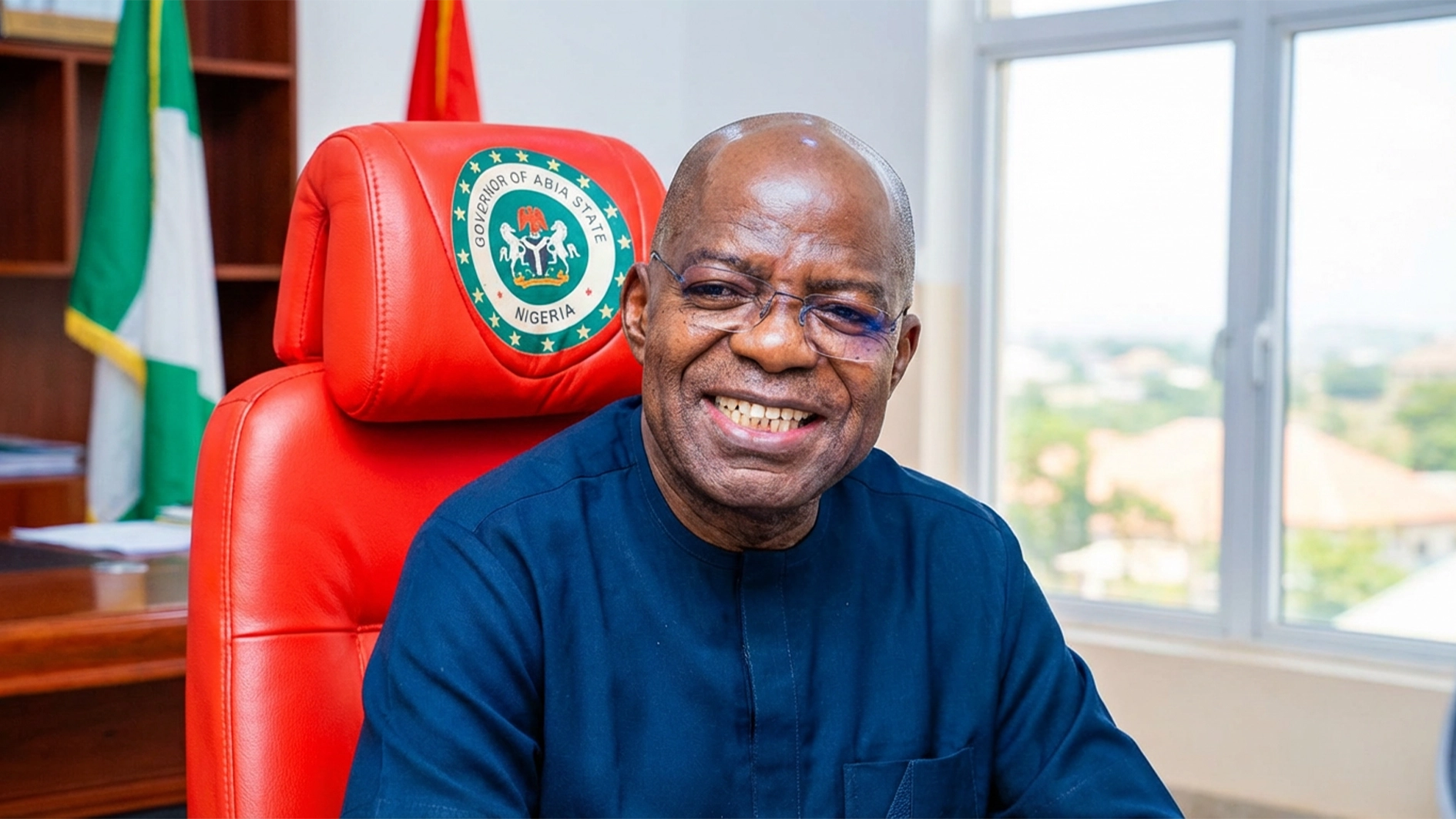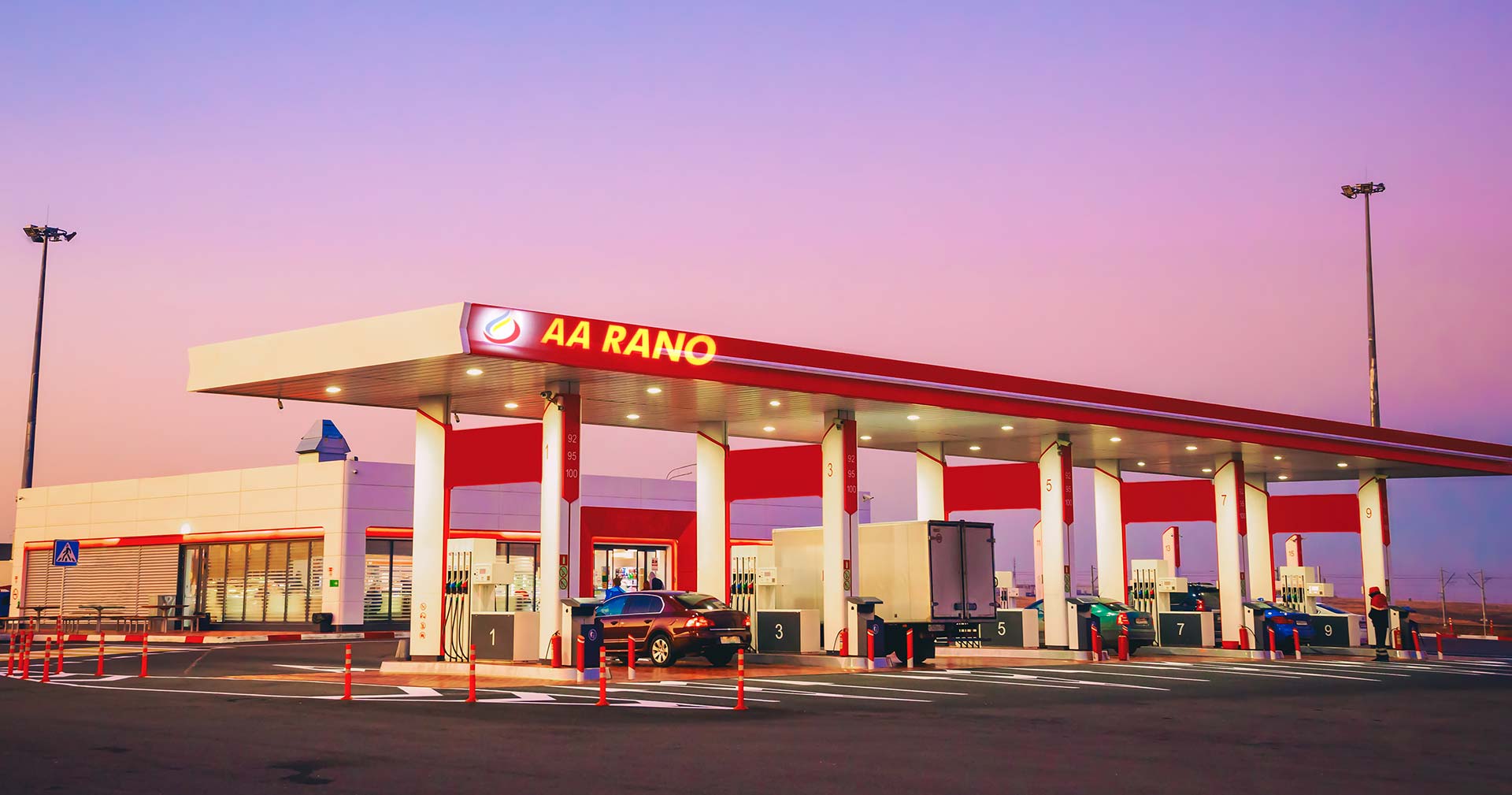
• Say PIA effective in design but lacks execution
• Indigenous firms producing 60% of domestic gas – NCDMB
Experts in the oil and gas industry have urged the Federal Government and the sector players to mobilise domestic capital for enhanced Exploration and Production (E&P) of natural gas.
While noting that the Petroleum Industry Act (PIA) is effective in design, they lamented that, like so many other laws, it is defective in execution.
The call was made during Nigeria Oil and Gas Outlook organised by Eventhive in Lagos where experts emphasised the critical need for increased investment in the industry to ensure energy security and economic growth.
Meanwhile, the Executive Secretary of Nigerian Content Development and Monitoring Board (NCDMB), Felix Ogbe, has said the Nigerian Oil and Gas Industry Content Development Act, 2010, is resetting the industry as about 60 per cent of domestic gas requirements is produced by indigenous operators.
Speaking on ‘Local Content and Sustainable Inclusive Economic Growth’ at the 2024 Namibia Oil and Gas Conference, Ogbe noted that recent discoveries of hydrocarbon deposits increased oil and gas reserves of the continent to about 126 billion barrels of oil and about 614 trillion cubic feet of gas.
According to the industry experts, as the world shifts towards cleaner energy sources, natural gas is increasingly seen as a crucial bridge fuel that can support the transition while maintaining energy stability.
However, without significant investment in domestic E&P activities, the sector may struggle to meet growing demand and capitalise on emerging opportunities, they added.
The Deputy Managing Director (DMD), FalCon Corporation, Audrey Joe-Ezigbo, during her session on the theme, ‘Financing Nigeria’s Energy Future’, asserted the importance of mobilising domestic capital and maximising it in what is needed.
According to her, the call to action comes amid growing concerns about energy supply disruptions and the need to transition to cleaner energy sources.
She highlighted that leveraging domestic capital could significantly accelerate the development of gas reserves, thereby reducing dependency on foreign investment and mitigating risks associated with global market volatility.
The DMD mentioned that the sector and the country needed to leverage gas to deal with the intermittency of the energy transition.
On his part, the Group Chief Executive Officer (GCEO), HSI Energies Limited, Chikezie Nwosu, identified crude supply as one of the biggest challenges, noting that the PIA is not as effective in execution as it was in design.
He pointed out that there’s a domestic crude supply obligation in the PIA, which is not being executed properly.
Nwosu urged industry players to collaborate with financial institutions, government agencies and private investors to create favourable conditions for domestic investment.
“Those people bringing in the money to invest in those assets are asking to be paid in dollars. There’s no naira investment and yet you’re telling them to give the crude to the refinery where you will pay them, possibly in naira. Now, you have to find a middle way.
So, if the crude supply, which is raw material that goes into the refinery, is fraught with all these problems, then it becomes an increasing challenge to make these domestic refineries profitable.
“Dangote, as big as it is, has these problems. Can you imagine the challenges of smaller modular refineries?” he questioned
Chief Executive Officer, Eventhive, Jamiu Ijaodola, said the Nigeria Oil and Gas Outlook was aimed at collaborating, promoting and discussing most of the core issues affecting the industry like divestment, energy transition and the need to harness the country’s natural gas.
Ogbe noted the adoption of local content policy for the industry and/or other resources as “one veritable means through which African countries can ensure that the utilisation of their resources will translate to energy security, economic development and industrialisation of the continent,” drawing on the Nigerian experience for illustration.
NCDMB, he added, is utilising the expatriate management system to ensure 80 per cent of oil companies’ management positions are held by Nigerians, growth of successful indigenous operators who are now responsible for the production of more than 60 per cent of Nigeria’s domestic gas requirements and over 15 per cent of crude oil production.
In totality, he noted, “As at the end of 2023, we have reached Nigerian Content level of 54 per cent and we are committed to achieve the set target of 70 per cent by 2027.”
Represented by the General Manager, Corporate Communications and Zonal Coordination, Esueme Kikile, the executive secretary shared NCDMB’s experience as a regulator responsible for deepening and driving local content in the Nigerian oil and gas industry, noting that “a successful local content policy must entail the deployment of six key parameters, namely, regulatory framework, gap analysis, capacity building, funding and incentives, research and development, and access to market.






